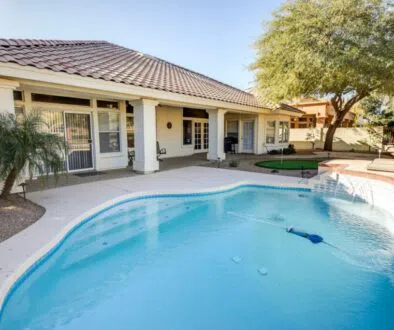Does Chlorine Increase PH In Pools? A Quick Answer
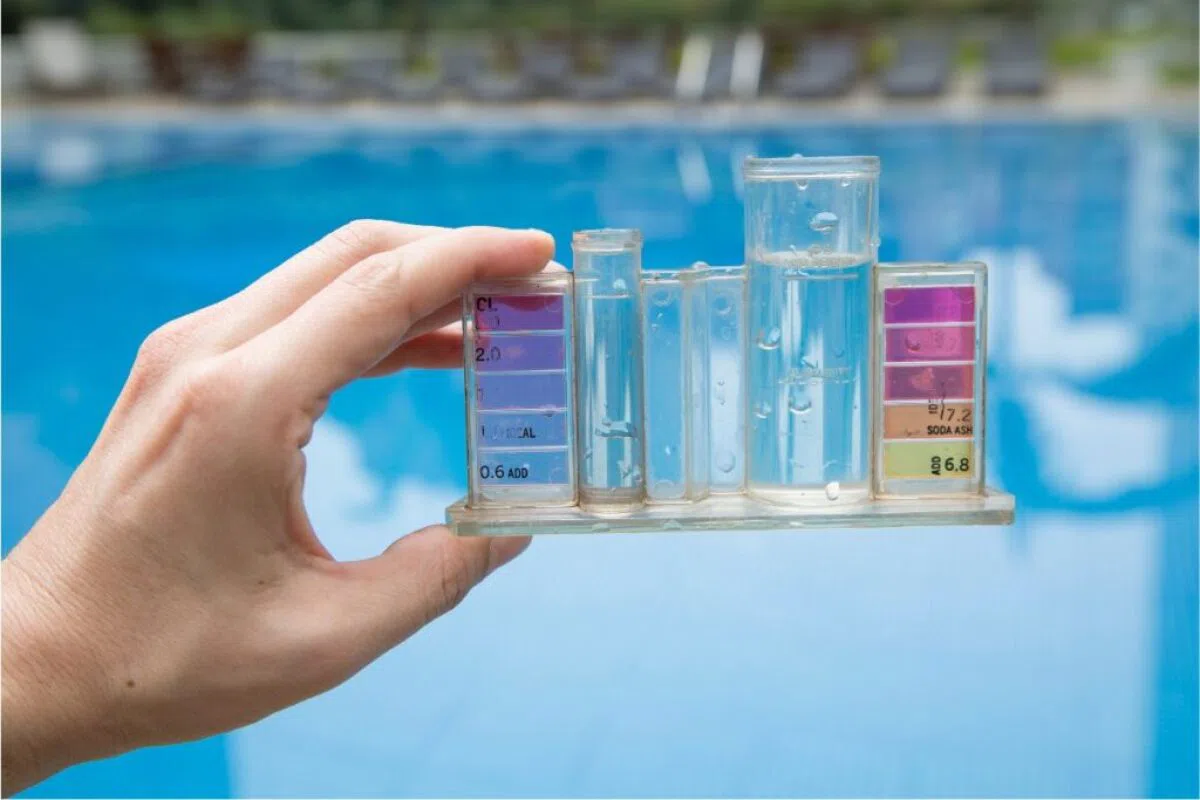
Published Oct. 14, 2024
Chlorine is essential for keeping pools clean. However, it can also affect your pool’s pH levels. When chlorine is added, its type and form determine whether it increases or decreases pH.
Generally, liquid chlorine slightly raises pH because it has a high pH level. However, when chlorine breaks down and sanitizes the water, it tends to neutralize long-term pH.
Types of Chlorine and Their Effects on pH
Different types of chlorine impact pH in different ways. Liquid chlorine (sodium hypochlorite) raises pH, but the overall effect may stabilize as it neutralizes contaminants.
Granular chlorine (calcium hypochlorite) also increases pH since it’s alkaline. On the other hand, chlorine tablets (trichlor) are acidic and can lower pH slightly. I’s important to balance chlorine use with other chemicals to keep pool water in optimal condition.
Maintaining Pool pH Balance
The ideal pH range for a pool is between 7.2 and 7.6. If the pH gets too high, it can cause scaling and cloudy water. If it’s too low, the water becomes acidic and can damage pool equipment.
Regular testing ensures that your chlorine levels and pH stay balanced. Depending on your chlorine use and water conditions, you may need to increase or decrease pH.
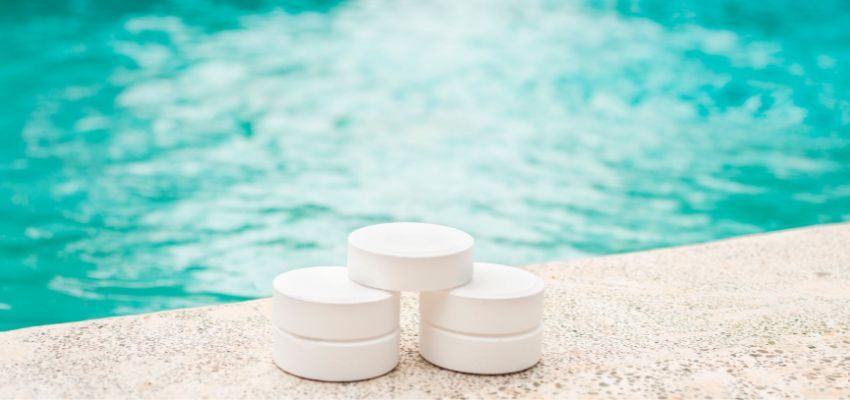
How Chlorine Reacts in Pool Water
One chlorine is added to your pool, it starts to sanitize by oxidizing contaminants. This process slightly alters the pH.
If you use liquid or granular chlorine frequently, you’ll notice a gradual rise in pH over time. On the contrary, trichlor tablets can help lower pH but may require long-term adjustments. Always test your pool water at least twice a week during heavy use.
How to Adjust pH When Using Chlorine
If chlorine increases your pH too much, use muriatic acid or sodium bisulfate to bring it down. A pH increase, such as sodium carbonate, can help if your pH is too low.
Regular water testing helps you determine when these adjustments are needed. The key is finding the right balance between chlorine and pH adjustments to ensure safe, comfortable swimming conditions.
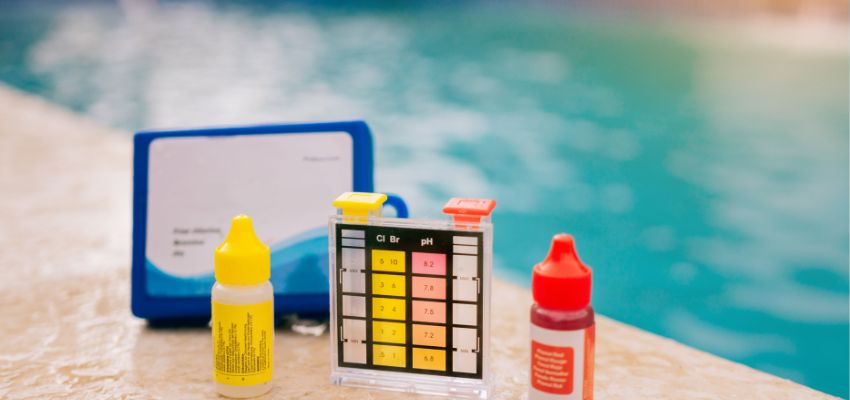
How Chlorine and Pool Temperature Affect pH
The temperature of your pool water can also impact how chlorine interacts with pH. Warmer water can speed up the breakdown of chlorine, which may affect both its sanitizing ability and pH levels.
In hot conditions, chlorine may evaporate faster, requiring more frequent additions that can alter pH. Cooler water, on the other hand, slows down chemical reactions, keeping pH levels more stable. Consider how heating your pool affects chlorine levels and pH, and adjust the chemicals accordingly for optimal balance.
The Importance of pH in Pool Water Quality
pH plays a crucial role in maintaining water quality. If the pH is too high or too low, the water can become uncomfortable for swimmers and may damage pool equipment.
Low pH leads to corrosive water, which can cause metal parts to rust, while high pH results in scaling and cloudy water. Additionally, unbalanced pH makes chlorine less effective at sanitizing the pool. Regularly monitoring pH ensures your pool remains clean and safe while preserving its structure.
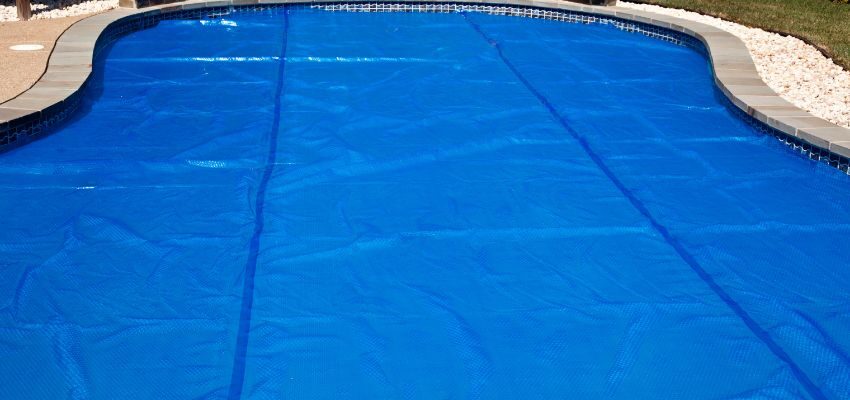
How Pool Cover Affects pH and Chlorine Levels
Using a pool cover can help regulate both pH and chlorine levels. A cover reduces water evaporation, preventing the rapid loss of chlorine and keeping pH levels more stable.
Without a cover, chlorine can evaporate quickly under the sun, requiring more frequent chemical adjustments. Covers also prevent debris from entering the pool, affecting water chemistry and necessitating more frequent water treatment. Regularly using a cover can lower the need for chemical adjustments and help maintain pool balance.
Can Rainwater Impact Your Pool’s pH?
Rainwater can significantly affect your poo’s pH, often lowering it. Rain is typically slightly acidic, which can decrease your pool’s pH after a heavy downpour.
Rain can also introduce contaminants such as dirt and pollen into the water, further disrupting the chemical balance. After a storm, testing the water and adjusting chlorine and pH levels as needed is essential. Adding a pH increase may be necessary to restore balance.
How Alkalinity Affects Chlorine and pH Levels
Alkalinity acts as a buffer for pH levels, helping to prevent rapid fluctuations. If your pool’s alkalinity is too low, even small amounts of chlorine can cause dramatic shifts in pH. On the other hand, high alkalinity makes it harder to adjust pH levels when needed.
Maintaining proper alkalinity, typically between 80 and 120 ppm, helps stabilize chlorine efficiency and pH levels. Regularly testing and adjusting alkalinity ensures smoother control over your pool’s water chemistry and reduces the need for frequent chemical corrections.
How Pool Shocking Affects pH and Chlorine Balance
Shocking your pool is an important process to eliminate contaminants, but it can temporarily affect pH and chlorine levels. Pool shock, often made from calcium hypochlorite, raises the pH due to its high alkalinity.
Aftershock, it’s common to see a spike in pH and chlorine levels, which will gradually settle. It’s crucial to monitor the pH aftershock and adjust it if necessary. Regular shocking helps maintain clean water but may require follow-up treatments to balance pH and chlorine effectively.
FAQs
1. Does adding chlorine lower pH in pools?
Most forms of chlorine raise the pH level, but chlorine tablets (trichlor) can lower it slightly.
2. What’s the ideal pH for a pool?
The best pH range for a pool is between 7.2 and 7.6 for safe swimming and proper chemical balance.
3. How often should I check my pool’s pH?
Check your pool’s pH at least twice a week, especially when using the pool frequently or after adding chemicals.
4. Can high pH cause chlorine to be less effective?
High pH reduces chlorine’s effectiveness, leading to cloudy water and increased algae growth.
5. How do I lower pH if chlorine raises it?
Adding muriatic acid or sodium bisulfate can lower your pool’s pH.
Final Thoughts
Chlorine is vital for clean pool water. However, it can also influence pH levels. Balancing chemicals is key for a safe pool.
Regular water testing helps maintain both chlorine and pH levels. Always monitor your pool’s chemical balance for the best results.
Hire Boca’s Favorite Pool Builders
Excel Pool and Patio Solutions is your trustworthy provider of pool services in Boca Raton. We are experts in pool and patio remodeling and can handle your resurfacing needs as well. Our technicians are vetted and trained for your guaranteed satisfaction. Get to know us by browsing our website or reaching out to us with any questions.
Contact our team today to request a free estimate for pool construction, maintenance, repairs and more.
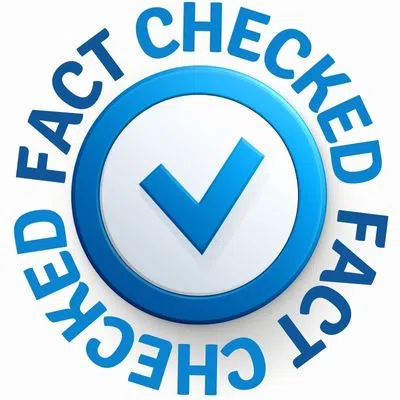
Fact Checked By Experts
This is original content and has been diligently fact checked by our internal team of experts. Discover more about the rigorous editorial standards we uphold for our website here.

About The Author
Hello! I am Corinne, a graduate of Riverside College. My career has evolved into focusing on writing, where I deliver high-quality and meticulously researched content. I have a proven track record of developing helpful articles that engage a wide variety of readers.


